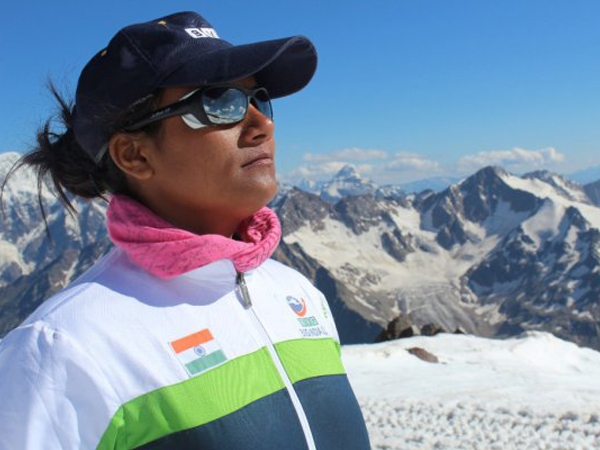We didn’t need a study to realise that. Just look at the number of juveniles and young men facing charges for rape and other sexual crimes, in our country. But the study goes beyond that to point towards age groups, patterns and what may have caused this kind of behaviour, reports this article in The Times of India.
The International Centre for Research on Women and two other organisations, found that 24.5 per cent of Indian men covered by it had engaged in sexual violence at some point, and most of them against an intimate partner.
In fact, India is far ahead of countries like Rwanda, Mexico, Croatia and Chile, which were included in the study. There is nothing good about coming first in this race, though.
Delhi and Vijayawada were chosen as the study sites in India and covered over 2,000 men between ages of 18-59 years. The were asked a series of questions that address different forms of rape -marital rape, gang-rape and rape of women under the influence of alcohol.
The study found that men who experienced neglect or were abused as children tend to be more sexually aggressive than others.
The boy watches his father get drunk, lash out at his mother, sometimes at him, and treat her like a chattel of goods. His catcalls and leer towards other women in his teens are rarely discouraged or kept in check. He has also inherited his father’s drinking habits and under the influence of the intoxicant, all the aggression of his childhood comes bubbling to the surface.
Among Indian men, 34 per cent of those who were sexually abused in childhood report sexual violence perpetration. And 36.8 per cent said they felt neglected as children. Alcohol abuse was cited as the second leading influencing factor that led to rape.
However, the data collected as part of the study does not support the notion that perpetration of rape is significantly related to education level, employment status, age or marital status. There is a notion amongst everybody that rape is mostly perpetrated by unknown young single men from poor families.
But studies since the Nirbhaya incident and NCRB data from the beginning have consistently proven that this is otherwise. For instance, more than 94 per cent of the rape cases registered, list a known person, a relative, family member, neighbour or family friend as the perpetrator.
This current study shows that in India at least, husbands and fathers are more likely to perpetrate sexual violence than other men.”Sexual violence being limited to a particular class is a myth,” said Prasanna Gettu, CEO of International Foundation for Crime Prevention and Victim Care (PCVC), in an interview with TOI. Being employed and having more than a primary education are also associated with sexual violence perpetration in India.
Nearly half of the sampled Indian men who have physically abused a partner also perpetrate sexual violence. Prasanna said sexual pleasure was rarely in the mind of such men. “It’s power. And they get this by beating the women, making her bleed and then raping her,” she said.
Men who pay for sex are more likely to perpetrate sexual violence, a trend the survey saw in all five countries. India, again, had the highest percentage of such people at 36.5 per cent.
The study recommended more gender sensitisation programmes at school level.”Schools should introduce programmes to reduce violence and prompt healthier, non-violent lifestyles in multiple age groups. Psycho-social support is particularly important for those who have experienced or witnessed violence while growing up,” it said.
It also suggested engaging men as fathers and caregivers – including parenting education classes and involvement in newborn care – would help prompt stronger bond and less likelihood of violence within homes.
Image Courtesy: BCCL
More on>> Balancing Act



